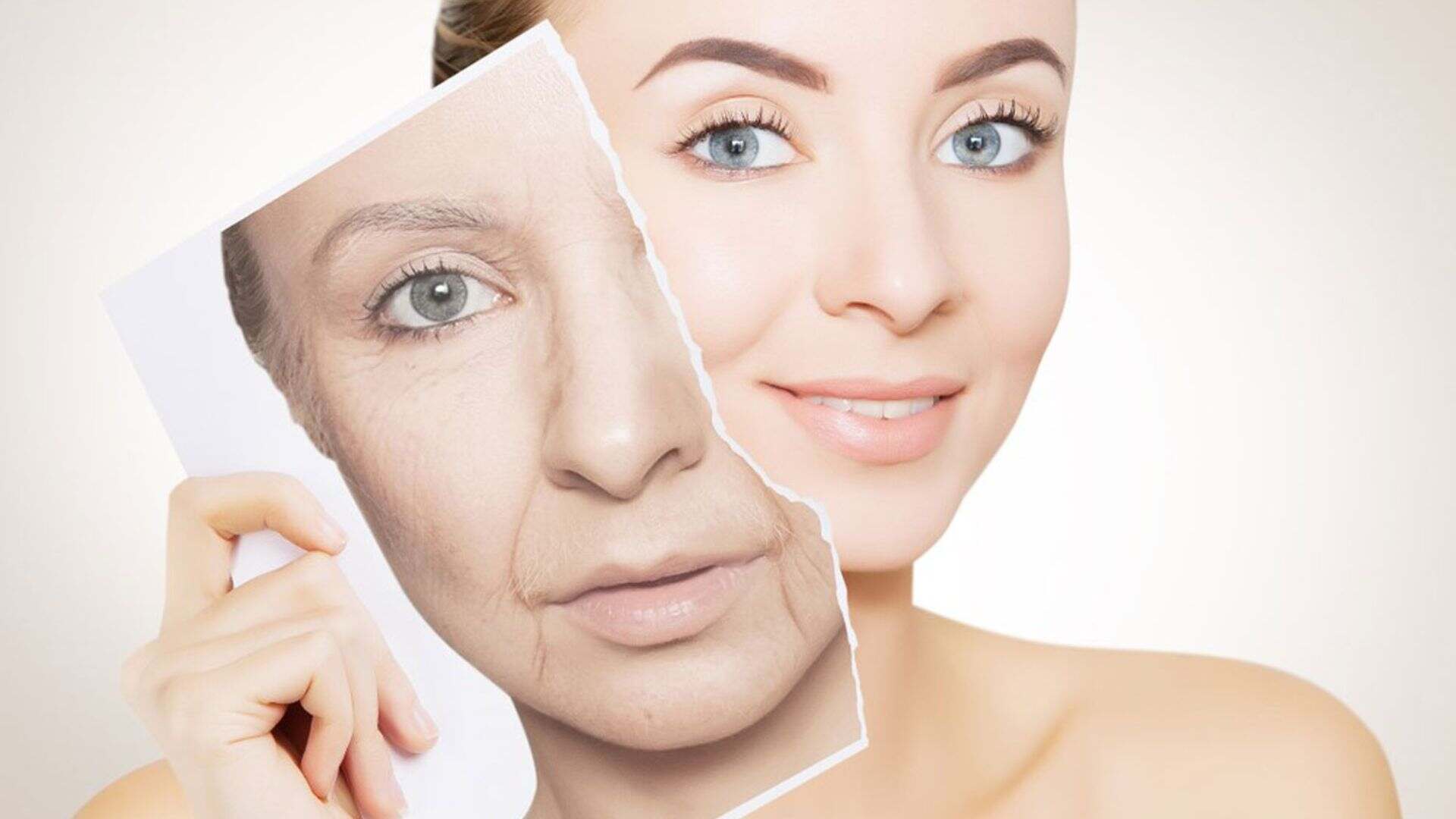Everyone seems to be on the hunt for the ultimate anti-ageing remedy, with a plethora of ‘superfoods’ and products flooding the internet. From exotic berries to trendy supplements, the market is teeming with options that claim to unlock the secret to a youthful glow.
Surprisingly, one of the potential champions in this arena might be the humble mango. Health coach and content creator Digvijay Singh advocates for the inclusion of mangoes in the diet for those looking to maintain a youthful appearance.
He states, “A midsize mango will fulfill 50 to 60 percent of your daily vitamin C requirements. The vitamin C will boost the collagen production which will keep your skin more elastic and help prevent wrinkles.”
But is this claim backed by science?
Dr. Twincy Ann Sunil, a clinical dietician at Apollo Spectra Hospitals in Bangalore, supports the notion that mangoes have anti-ageing benefits. “The quest to slow down ageing and maintain youthful vitality has led to significant research into various natural fruits and foods, including mangoes. Mangoes, often referred to as the ‘king of fruits,’ are celebrated not only for their delicious taste but also for their impressive nutritional profile.”
She explains that mangoes are packed with several bioactive compounds that exhibit anti-ageing properties, including:
- Antioxidants: Mangoes are rich in antioxidants such as vitamin C and vitamin E. Vitamin C is known to promote collagen production, which is essential for maintaining skin tightness and reducing signs of ageing like wrinkles and sagging skin. Vitamin A also aids in skin cell regeneration, helping to maintain a youthful complexion.
Mangiferin: This unique polyphenol found in mangoes is known for its antioxidant, anti-inflammatory, and potentially anti-cancer properties.
- Carotenoids: Mangoes contain significant amounts of carotenoids, including beta-carotene and zeaxanthin. Beta-carotene aids in skin renewal and provides protection against UV damage.
- Phenolic Compounds: Potent antioxidants such as gallic acid, quercetin, and ellagic acid are present in mangoes. These compounds work to eliminate free radicals, which can damage cells and accelerate the ageing process.
Exploring how these compounds affect cellular processes related to ageing, Bharat Naidu, a coach and nutritionist at MultiFit, explains, “Antioxidants like vitamin C and beta-carotene swoop in to neutralise free radicals, the notorious troublemakers responsible for cell damage and accelerated ageing. Meanwhile, polyphenols such as mangiferin and quercetin orchestrate an intricate dance of anti-inflammatory actions, calming the storm of chronic inflammation that often accompanies ageing. Additionally, certain compounds in mangoes have been shown to bolster DNA repair mechanisms, safeguarding our genetic blueprint from the ravages of time.”
Comparison of mangoes to other fruits or foods known for their anti-ageing effects reveals that while mangoes may not receive as much attention as berries or pomegranates, they offer a rich supply of antioxidants and polyphenols in a tasty package.
“Anthocyanin-rich blueberries are especially wonderful for the brain and for decreasing oxidative stress. While mangoes also provide antioxidants, blueberries might be more potent in terms of brain health,” asserts Dr. Sunil.
Green tea is rich in catechins which are very powerful antioxidants. Mangoes provide a different array of antioxidants, making them complementary rather than superior. Avocados, rich in healthy fats, support skin health and hydration, says Dr. Sunil.
Pomegranates are renowned for their strong anti-ageing properties, primarily because of their high polyphenol content, including punicalagins and ellagic acid.
“Mangoes, with their unique blend of mangiferin, carotenoids, and vitamins, provide a complementary set of anti-ageing benefits,” Dr. Sunil elaborates.














